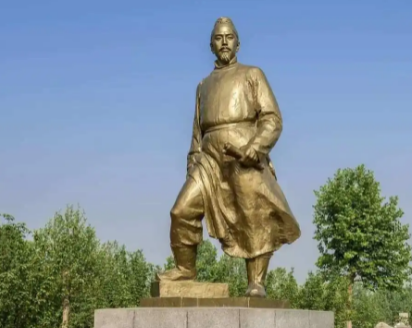In Chinese history, the Hundred Schools of Thought is a very important ideological and cultural phenomenon. During this period, various ideological schools conducted fierce debates and discussions, putting forward various theories and viewpoints. Although there were significant differences between these schools, they shared a common purpose, which was to promote the development and progress of Chinese society. This article will explore the common purpose of the Hundred Schools of Thought from multiple perspectives.

Background Introduction
From 475 BC to 221 BC was the Warring States period in Chinese history. During this period, significant changes occurred in China's politics, economy, and culture. Among them, the Hundred Schools of Thought was an important ideological and cultural phenomenon. During this period, various ideological schools conducted fierce debates and discussions, putting forward various theories and viewpoints.
The Common Purpose of the Hundred Schools of Thought
Despite their significant differences, the Hundred Schools of Thought shared a common purpose: to promote the development and progress of Chinese society. Firstly, they all hoped to address contemporary social issues through their respective theories. For example, Confucianism emphasized benevolence and ritual governance, Taoism advocated non-action governance, and Mohism advocated universal love and non-aggression. Secondly, they aimed to promote social transformation and development through their theories. For instance, Legalism advocated governance through law, while Military Strategy emphasized the importance of military strength. Finally, they aimed to stimulate people's thinking and exploration through their theories. For instance, Yin-Yang School explored natural laws, while the School of Names studied the relationship between names and reality.
The Influence of the Hundred Schools of Thought
The Hundred Schools of Thought had a profound impact on Chinese history and culture. Firstly, it promoted the development of Chinese philosophy. During this period, various ideological schools contributed to philosophy, shaping the diversity and complexity of Chinese philosophy. Secondly, it facilitated the prosperity and advancement of Chinese culture.
Disclaimer: The above content is sourced from the internet and the copyright belongs to the original author. If there is any infringement of your original copyright, please inform us and we will delete the relevant content as soon as possible.
































